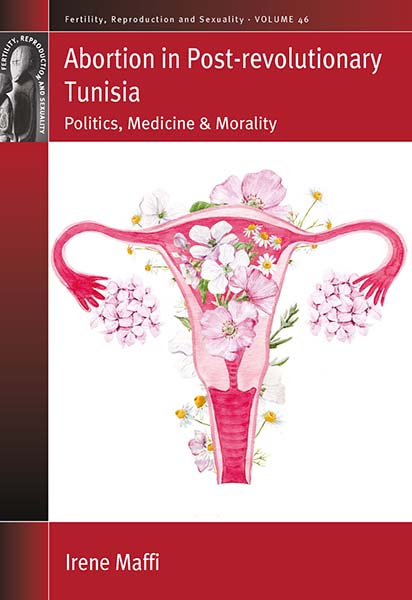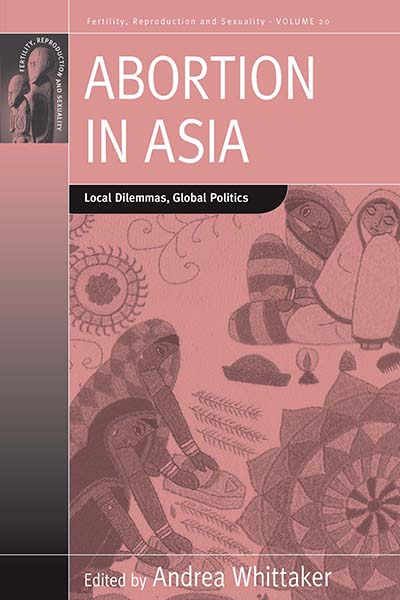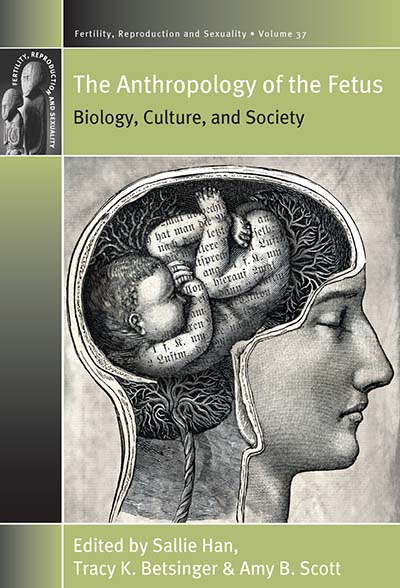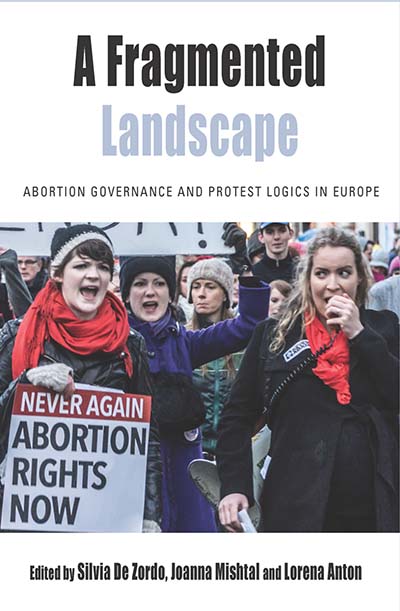
Series
Volume 46
Fertility, Reproduction and Sexuality: Social and Cultural Perspectives
See Related
Anthropology JournalsEmail Newsletters
Sign up for our email newsletters to get customized updates on new Berghahn publications.
Abortion in Post-revolutionary Tunisia
Politics, Medicine and Morality
Irene Maffi
218 pages, 7 illus., bibliog., index
ISBN 978-1-78920-690-6 $135.00/£104.00 / Hb / Published (May 2020)
eISBN 978-1-78920-691-3 eBook
Reviews
“The book’s clear writing style and argument also make it well suited for use in taught courses on medical anthropology or the anthropology of reproduction.” • Social Anthropology
“Maffi clearly describes the discourses and practices of clinic staff as a particular form of reproductive governance based on the history of Tunisia. However, the examples Maffi provides—of stigmatizing language and admonishments by clinic staff against women who have multiple abortions or who become pregnant while not adhering to a birth control regimen—are not unique to the Tunisian context. Indeed, the potential for comparisons between the Tunisian context and other biomedical settings is one of the major contributions of this work.” • Medical Anthropology Quarterly
“This book takes on a thorny subject which is very timely and for which little data exists. It is well-written and comprehensive. The research is well done and unique. There’s no competition for this book.” • Donna Lee Bowen, Brigham Young University
Description
After the revolution of 2011, the electoral victory of the Islamist party ‘Ennahdha’ allowed previously silenced religious and conservative ideas about women’s right to abortion to be expressed. This also allowed healthcare providers in the public sector to refuse abortion and contraceptive care. This book explores the changes and continuity in the local discourses and practices related to the body, sexuality, reproduction and gender relationships. It also investigates how the bureaucratic apparatus of government healthcare facilities affects the complex moral world of clinicians and patients.
Irene Maffi is Professor of Social Anthropology at the Institute of Social Sciences, University of Lausanne, and Associated Researcher at Christian Michelsen Institute, Bergen. She is the author of Women, Health and the State in the Middle East (2012, I.B.Tauris) and co-editor of Reinventing Love? Gender, Intimacy and Romance in the Arab World (2018, Peter Lang).



